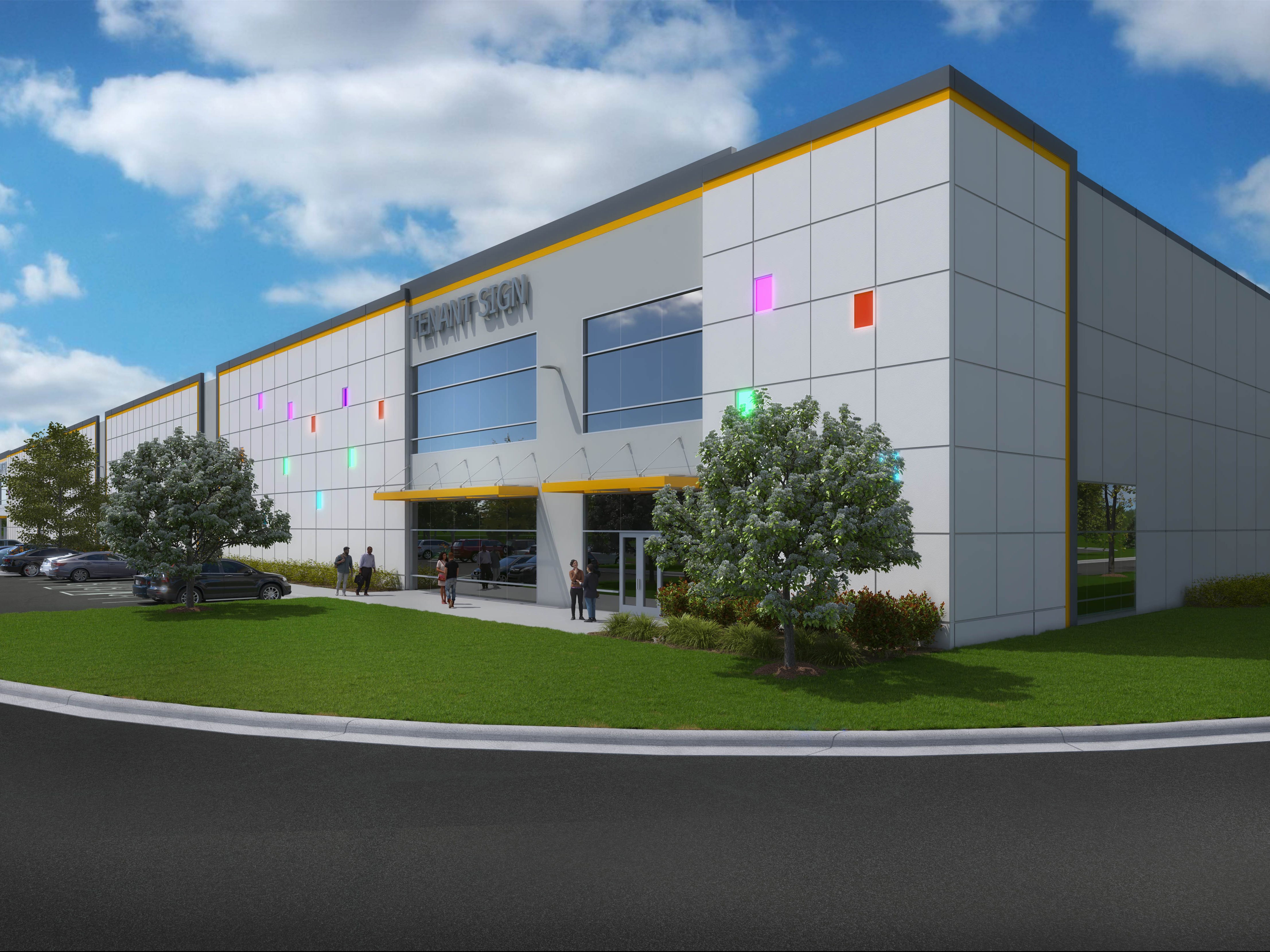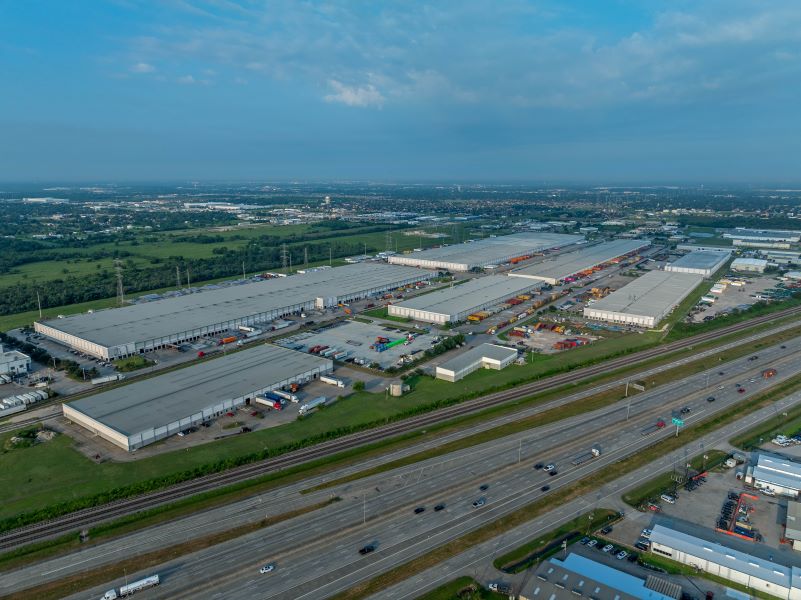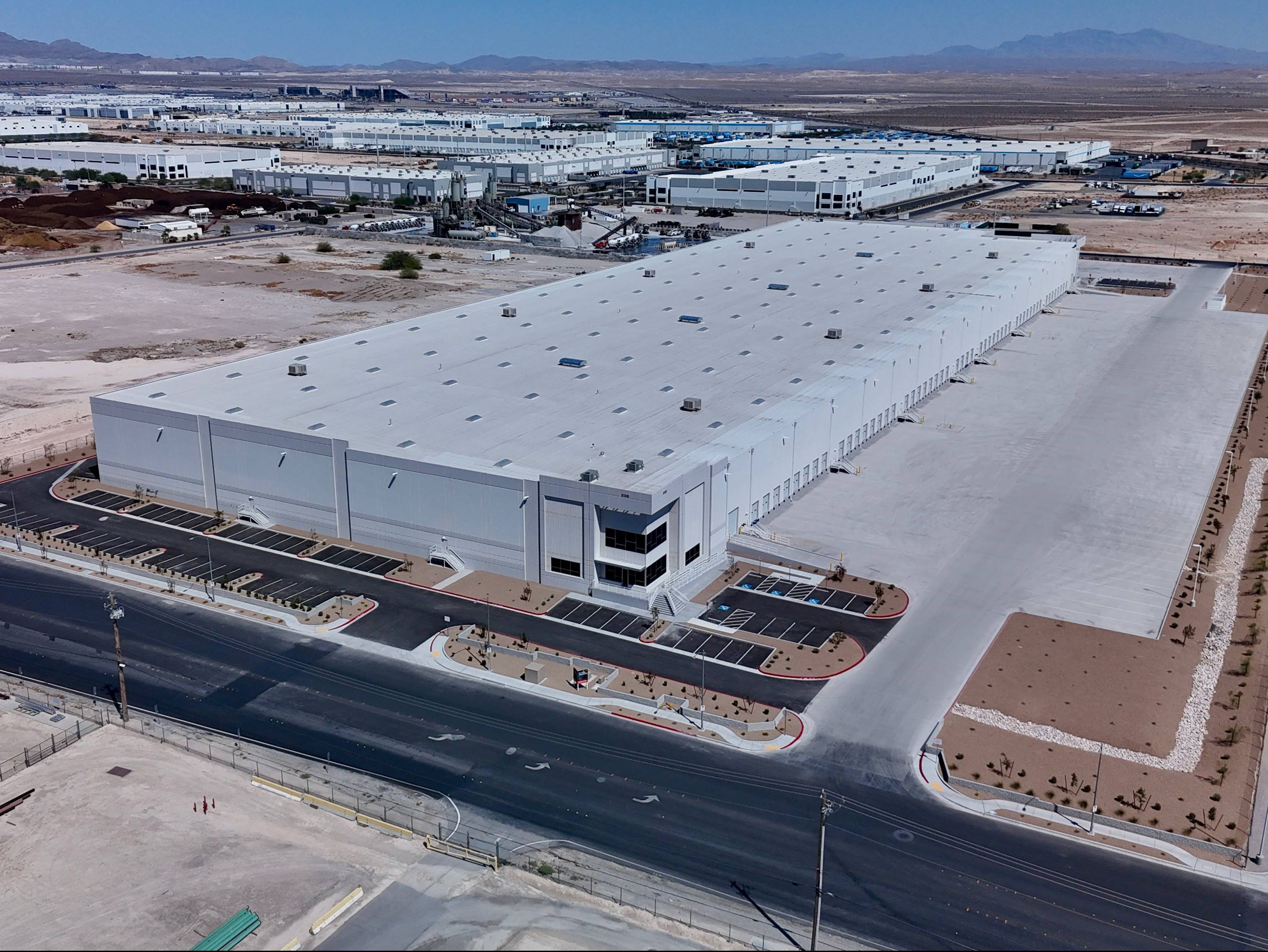CRE in 2018: Change Is Afoot
The good times in the commercial real estate industry have continued to roll for more than a few years now, but something new is brewing, according to a report by commercial real estate services firm Avison Young.
By Barbra Murray
With the exception of a sprinkling of uncertainty here and there, the commercial real estate industry has been riding high for the last several years, but this year, while sunny skies are still in the forecast, it won’t exactly be business as usual. According to commercial real estate services firm Avison Young’s new report, 2018 North America and Europe Commercial Real Estate Forecast, significant change is on the horizon.
Avison Young took the pulse of the office, retail, industrial and investment sectors in 67 markets across six countries, starting with a look back before taking a look forward. “We have spent the better part of three years debating where we are in the real estate cycle; for 2017, we dragged out a baseball analogy, pondering what inning we were in,” Mark Rose, chair & CEO of Avison Young, said in a prepared statement. “We concluded that the real estate industry was in the late stages of the game, but could be headed into extra innings. As we start 2018, the game is still going, but there is a clear and palpable difference. Change is underway and the dynamics on the field are in flux.”
The impending change is multi-faceted, and investors will have to adapt—or else. “This is the type of change that creates opportunity and allows for success. Those who cannot accept this new reality will dismiss it at their own peril,” Rose added.
For starters, the record-low interest rates enjoyed over the last few years will slowly creep upward, a change that Avison Young believes will have limited effect on commercial real estate activity. However, the historically low capitalization rates that had caused property price tags to climb to great heights will go on the upswing, which will have a notable impact on the industry. The increase in cap rates will cause the gap between bid and ask price to expand, putting a damper on transaction volumes—temporarily. The bid-ask tug of war will stabilize, resulting in growth-induced demand, lower vacancies and rising rental rates.
It’s not just interest rates and cap rates that are destined for change in 2018. The real estate community can also expect to see the transformation of occupier behavior, per the Avison Young forecast, leading to greater innovation and performance. Additionally, a more prominent focus on wellness in the workplace will emerge.
This is no time to drop the ball. “In the near future, as investment conditions become more challenging, due to interest rate increases and occupiers having more options, the consequences of failing to keep up with the times will become more punitive,” Amy Erixon, principal with Avison Young Principal, told Commercial Property Executive.
The long arm of technology
The most notable change on tap for 2018 and beyond is technology. Real estate services providers are increasingly impressing upon occupiers the importance of incorporating technology in multiple capacities. Per the Avison Young report, increased adoption of technology—even artificial intelligence—promotes advantageous consequences ranging from growth to innovation.
“The real estate industry has historically been notoriously low-tech, and this is one reason the world’s foremost companies are building or directing the construction of new, modern, amenitized and high-performance assets—to ensure the comfort, health and cost effectiveness of facilities housing their employees,” said Erixon. The prevalence of technology integration in commercial real estate varies from metro to metro, she noted, but Cambridge, Mass., and Seattle are at the forefront of high-performance development, and proof of success is in the pudding: rents continue to soar, and vacancies are enviably low in both cities. The high-tech/low-tech disparity can also be seen in a single market, namely New York City, where the gulf between rental rates for the large stable of obsolete buildings and those for the ever-growing stock of state-of-the art is unmistakable.
“Other U.S. locations where owners continue with more of the same mediocrity are enjoying far slower economic growth and less dynamic opportunities,” Erixon continued. “Failure to see the medium-term investment requirements for older properties will likely result in those owners unable to stay abreast of building and operating trends, experiencing disappointing property underwriting and future underperformance. Today, that comprises a very large share of property owners and investors. Time will tell how quickly this changes.”
A turning point in the commercial real estate industry is here.
Images courtesy of Avison Young









You must be logged in to post a comment.